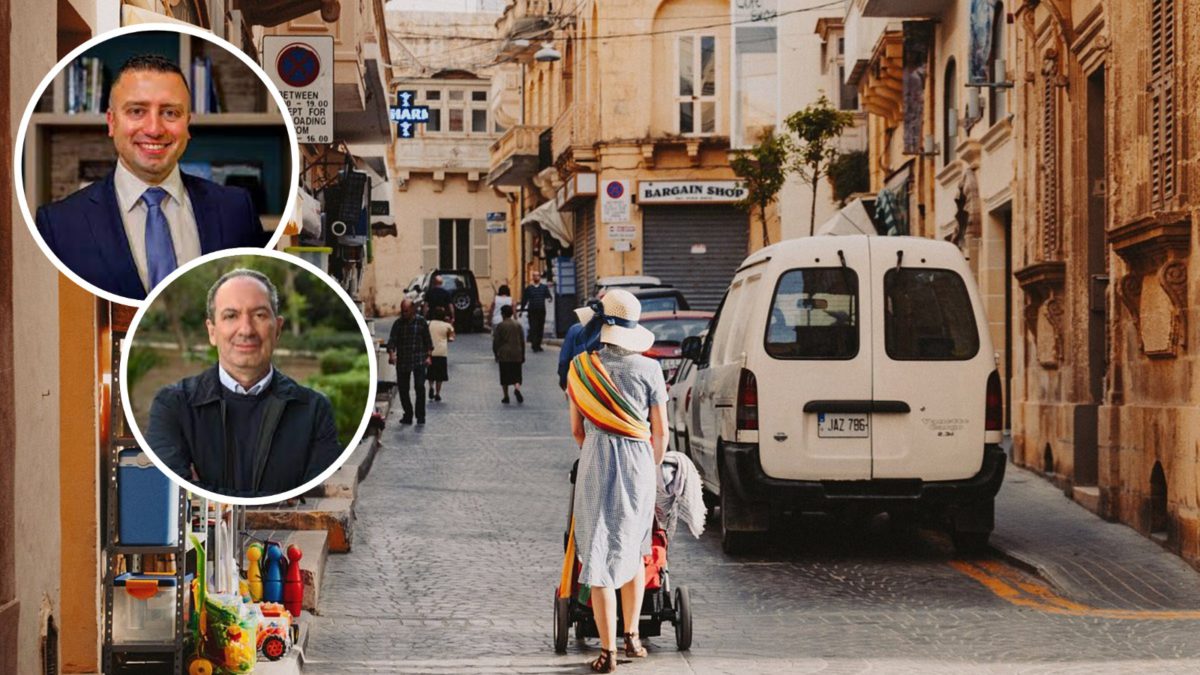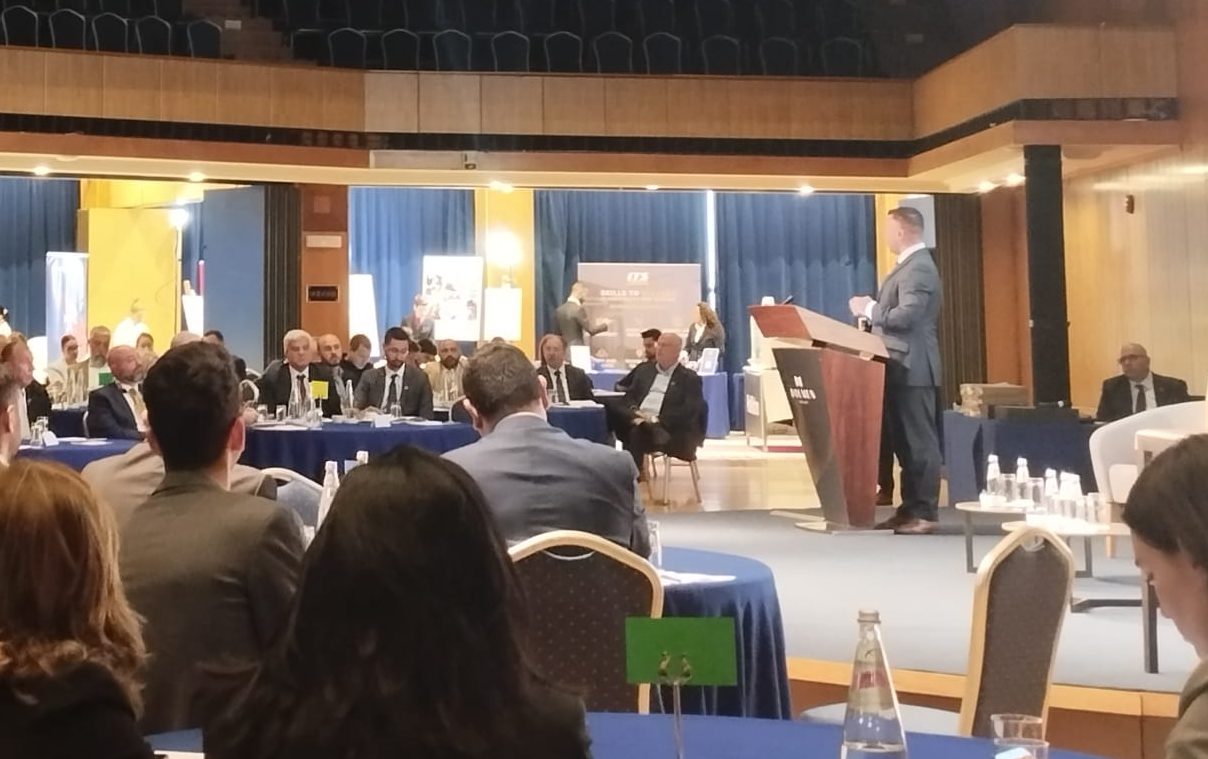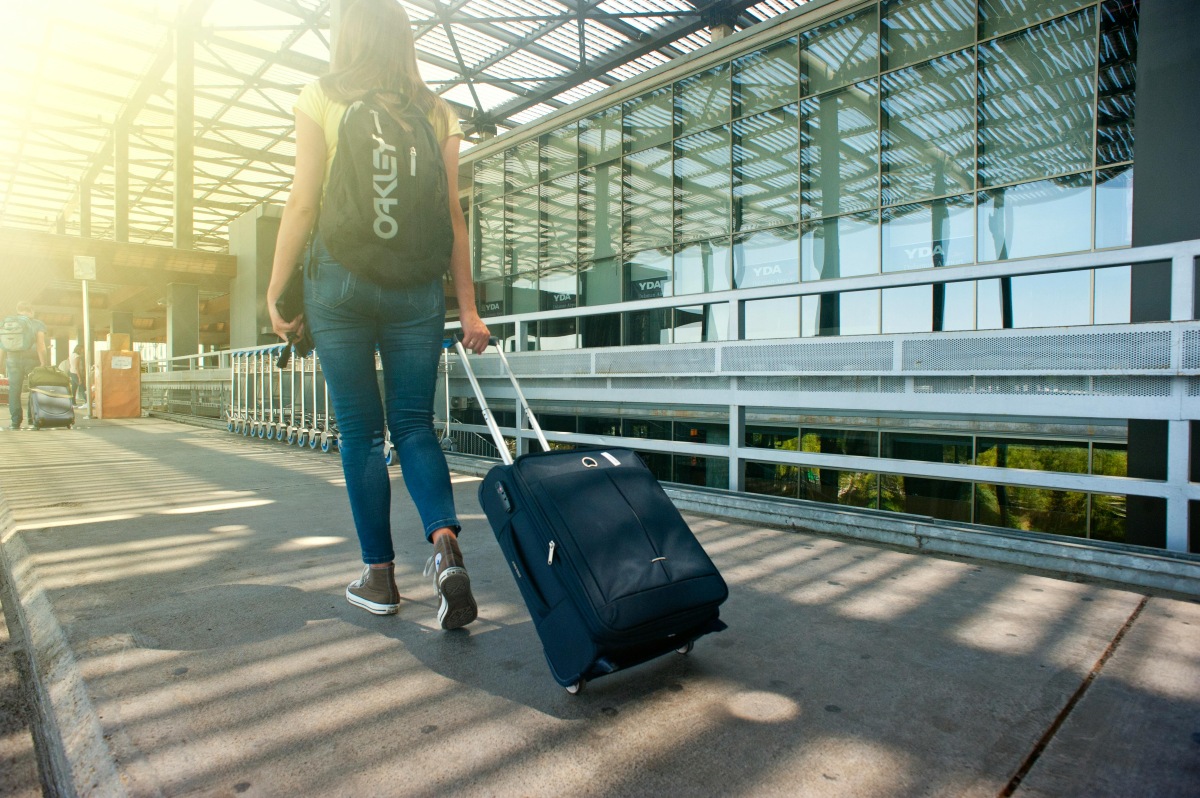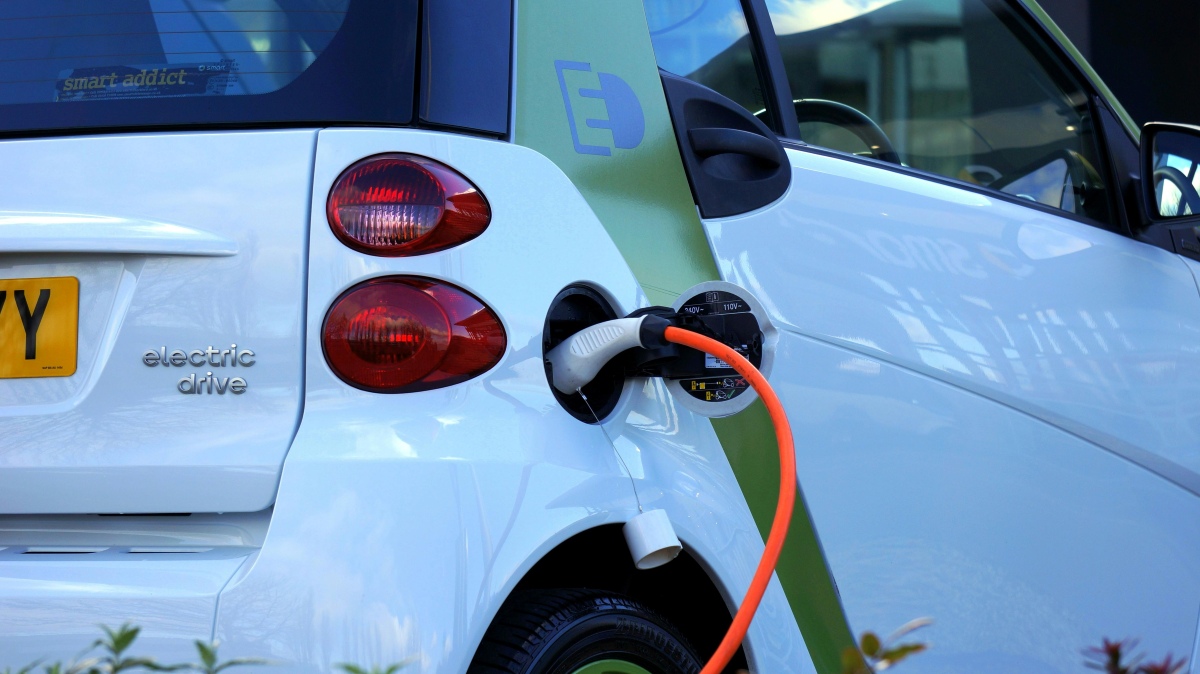A conference hall filled with Malta’s most important hospitality stakeholders stood in perfect silence for a few minutes on Friday (today), as a former Minister for Tourism laid into the industry for not doing enough to preserve the elements that make Malta unique, and that they ultimately rely on as operators in the tourism sector.
Despite Mario de Marco, the Opposition Spokesperson for Tourism, attempting at times to lighten the mood, the air was electric as he urged the organisers of the Malta Hospitality Forum – the Malta Hotels and Restaurants Association – to take a firmer stand against “the enemy within”.
“We are here to look at the future of this Mediterranean island as a tourism destination,” he said – this year’s theme was ‘Mission: Forward’ – “but what use are all these panel discussions if we continue with the uglification of Malta?”
He brought up several examples, from the construction of a lido on the Gżira promenade that has effectively enclosed what used to be a popular spot for seaside strolls in concrete barriers, to the relaxation of noise laws in Valletta that permit bars to play music late into the night – and prompted accommodation operators to complain – as well as to Comino, where public fury over the encroachment of private operators on public space boiled over last year.
“Comino’s Blue Lagoon,” continued Dr de Marco, “when we go there, is it a tourism experience? Or is it a nightmare?”

He pushed back against the idea that such complaints should be made only to the authorities, saying: “there are elephants in this room we need to address if we want to take this industry forward”.
He encouraged tourism stakeholders – whose business and livelihood depend on tourists continuing to find Malta attractive – to be at the forefront of maintaining standards and “protecting the seascapes and streetscapes that visitors come to experience”.
Dr de Marco, who was Parliamentary Secretary for Tourism between 2008 and 2012 and Minister for Tourism and Environment between 2012 and 2013, said he is “proud” that during his tenure construction on Outside Development Zones (ODZ) fell to an all-time low.
His remarks followed those made by the current Minister for Tourism, Clayton Bartolo, who struck a far more positive tone in touting the successful recovery of the sector after the COVID-19 pandemic.
Minister Bartolo noted that Malta had witnessed in increase in tourism across all age brackets bar one (the 65+ bracket), thanks to the exploration of a more diversified pool of markets.
“It’s evident we’re doing something right,” he beamed, as if anticipating the criticism that would follow.
The Minister said that the total number of nights tourists spent in Malta had increased by 3.8 per cent, while the total expenditure increased by over €40 million – “an almost 15 per cent improvement over 2019’s all-time record”.
Minister Bartolo said the results achieved in the first quarter of 2023, a time generally considered to be the shoulder months, “show that Malta is on track to reach the ambitious target of beating seasonality once and for all”.
He also noted that sport tourism had finally taken off, with sport events bringing in 18,000 nights spent on the islands.
“Sport tourism was once a cliché, but it is now realising its full potential,” he said, inviting those present to explore other areas of niche tourism.
“The current success is a springboard for what is to come,” the Minister continued, stressing the importance of sustainability in the tourism industry to come.
“The tourists of tomorrow will be more discerning,” he said.
Minister Bartolo concluded his presentation by saying that the Government would be doing all it can to continue promoting Malta as a tourist destination, referring once again the more diversified number of source markets, and making it clear that more is to come: “Why not America? That is the next target.”
The writing on the wall
Taking the stage, Deloitte financial advisory leader Raphael Aloisio shared new data showing the first signs of a problem comprehensively analysed in a report from last year, relating to Malta’s bed stock.
He noted that indications on this front are less positive, with a significant shift in visitors’ choice of accommodation from hotels to private accommodation through platforms like AirBnb.
“We have to read the writing on the wall,” he warned, showing data that in the first three months of 2023, occupancy was down by 14 per cent in five-star hotels, and by 3.8 per cent among hotels in the five-star segment.
“And this during a historically strong quarter,” he continued, insisting that “ignoring the warning signs” would be “a big mistake”.
He concurred with Minister Bartolo’s emphasis on niche tourism, and urge stakeholders to be more creative in trying to extract more revenue per person per night.
In this regard, Mr Aloisio noted positive movement in the increasing profitability of hotels’ food and beverage offerings, which registered 21.6 per cent higher profits in the five-star segment and 7.5 per cent higher profits among the four-star segment.
The value of ‘Maltese-ness’
In the subsequent panel discussion, Malta International Airport CEO Alan Borg and Deloitte director for economic and policy advisory Michael Zarb further elaborated on the need for sustainability.
“I do not believe we need growth at all costs,” said Mr Borg.
“I agree,” continued Mr Zarb. “We have to understand that a euro of growth does not deliver the same improvement in quality of life it used to. It’s now time to talk about distribution of wealth, of sustainability.”
Mr Borg also touched on the common refrain about the loss of Malta’s charm. “One cannot help but feel that we have lost of element of this authentic service,” he said. “Malta has a unique cultural heritage, but if we keep growing as we are, if we continue on this path of development – we will lose this.”
“In that sense,” he continued, “focusing on ‘Maltese-ness’ can have immense value for the tourism sector. It’s a matter of direction.”
Young adults lead Malta’s tourist arrivals in May 2025
Visitors aged 25 to 44 made up the largest group of inbound tourists
Demand for electric vehicles holds strong despite €3,000 cut to government grant
Hybrid models also continue to attract buyers, despite the end of the grant
Accessible student loans scheme extended
The FSMA + scheme allows students to cover tuition fees, accommodation expenses while pursuing further education in Malta and abroad






